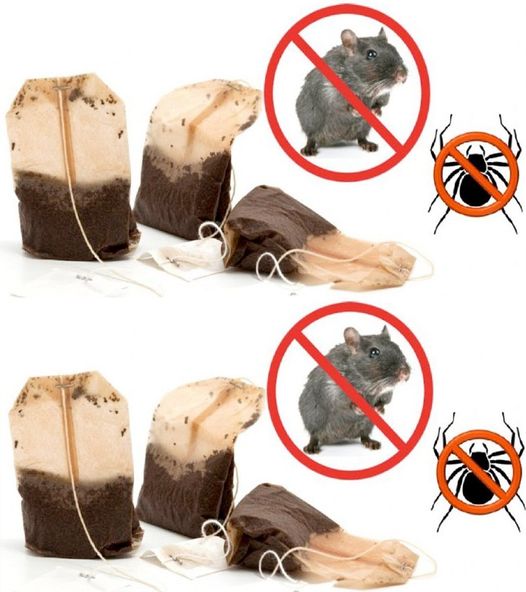ADVERTISEMENT
Keep spider shelters away
A good way to prevent spiders from entering your home is to make sure there is no environment around your home that is likely to attract spiders. Spiders often make their nests outside in plants, piles of leaves or wood, or dark undisturbed places like old tires or buckets.
Plug the holes
Identifying and sealing possible entry points is also important to keep spiders and mice out. This could involve plugging small holes or cracks with caulking, and making sure doors and windows close very tightly without any gaps.
Avoid leaving food resources and shelters behind
Making sure your home is clean is usually a good way to reduce the number of pests in your home. In the case of spiders and mice, not only will a clean home provide fewer places to hide, but it will also prevent mice and spiders from eating. Without a food source, and with fewer hiding places, it will be harder for spiders and mice to stay.
Some spiders tend to build their webs in the corners of the ceiling. Often these webs can be vacuumed up or at least removed with an extendable broom.
Are there any health dangers to having mice and spiders in the home?
The mice
As mice move around your home, looking for food and places to nest, they are not shy about relieving themselves in between, including on food preparation surfaces and even food.
Unfortunately, mice can carry diseases and bacteria. One of the dangers of having mice in your living space is contracting lymphocytic choriomeningitis. Simply put, lymphocytic choriomeningitis is a disease that you can contract if you come into contact with mouse urine, droppings, saliva, or nesting materials used by infected mice.
The initial symptoms are similar to those of the common flu: loss of appetite, headache, nausea, vomiting. But they can degenerate into neurological disease.
Even if you don’t see them, mice could have been walking all over your kitchen counters with their dirty paws. This is a health risk if your home has a rodent infestation.
Spiders
According to the University of Minnesota, over 80% of suspected spider bites were caused by other types of arthropods. Spiders are afraid of humans and only bite in self-defense. Even if a spider bites you, chances are the spider is not injecting venom. Spiders only use venom for hunting, not self-defense.
Spiders commonly found in homes very rarely bite people. Their bites are not dangerous. In fact, there are only 3 types of dangerous venomous spiders in France: the Malmignatte, the Lycose of Narbonne, and the Segestria Florentina.
ADVERTISEMENT
